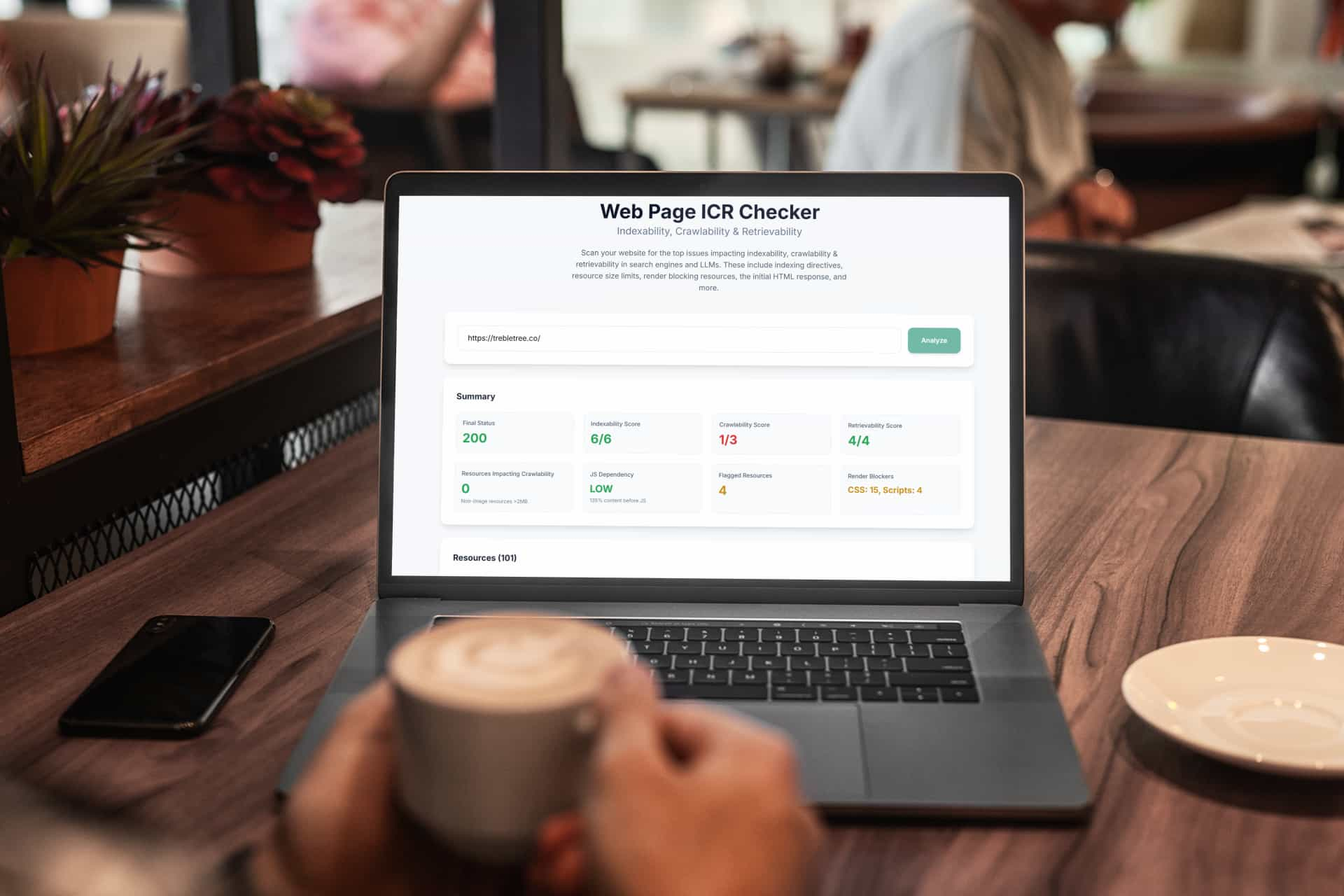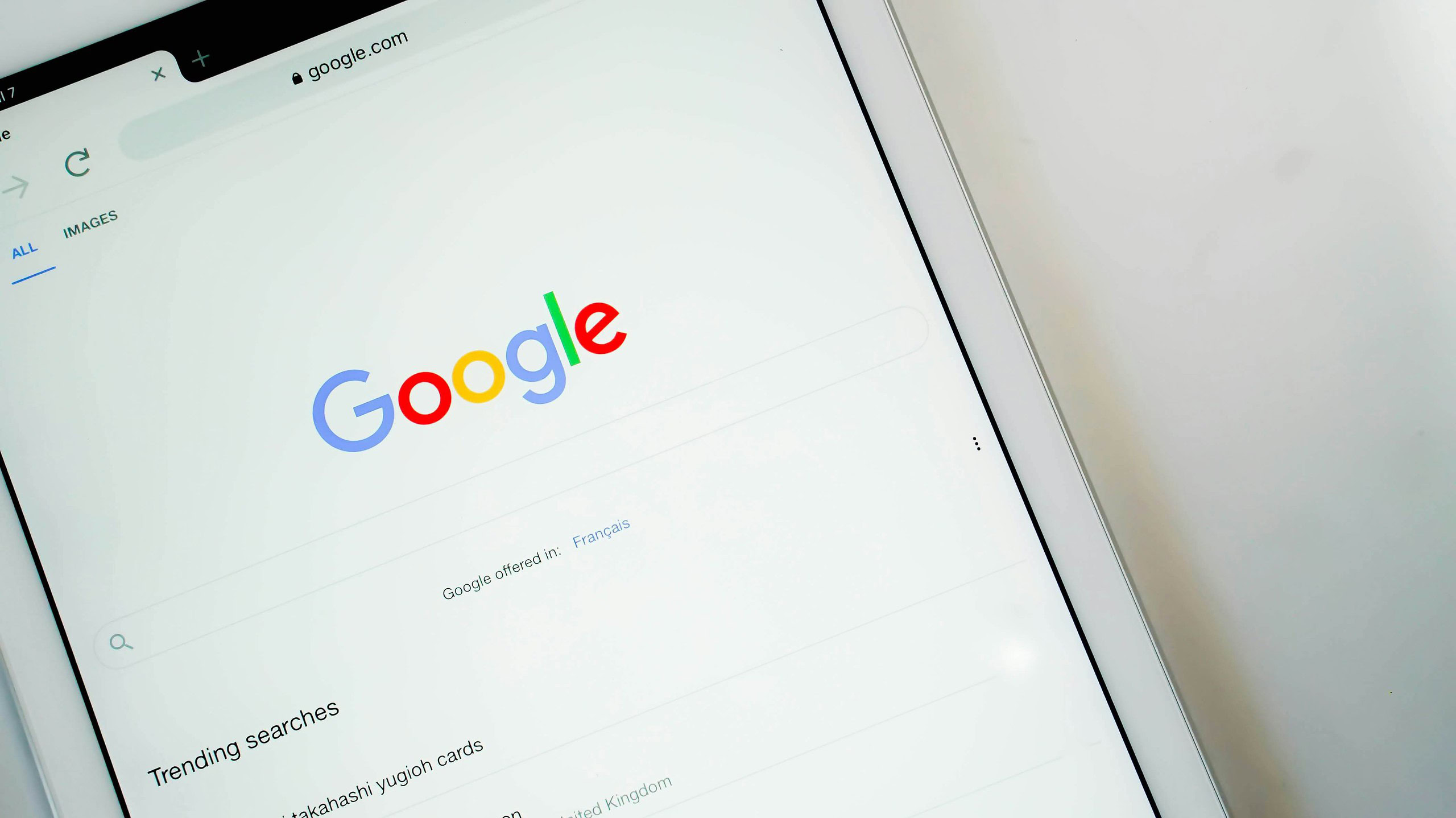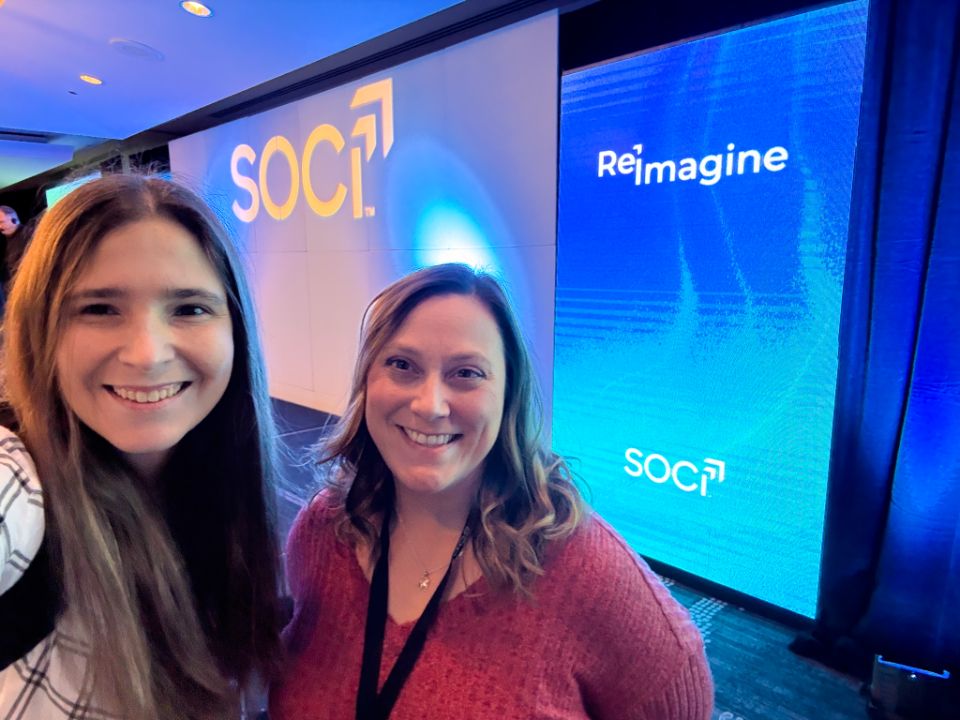Before you read another word, grab your phone.
Search for your business name + your city.
Now look at what comes up.
If you don’t see a complete, up-to-date business profile — good photos, recent reviews, current hours — then congratulations: you’re probably helping your competitors grow their customer base.
And in 2026, it’s not just about SEO anymore. It’s about feeding Google’s AI Overviews and Gemini, which are now the front door to local visibility. Your Google Business Profile (GBP) is the structured data that powers it all — and if it’s missing details, AI just skips you. Read on for our Google Business Profiles 2026 Guide and get ahead of your competition.
The 2026 Shift: From Search Results to Smart Results
Google’s AI doesn’t crawl your site like the old days — it interprets your business.
And it’s hungry for data.
Your GBP is where it goes first to decide who to recommend, summarize, and feature in conversational search results. So when someone searches “best plumber near me” or “coffee shop open now,” AI isn’t guessing — it’s reading your Business Profile, reviews, and connected listings.
If those details are outdated, incomplete, or inconsistent, you’re not invisible by accident — you’ve been filtered out by design.

The 2-Minute Reality Check: Essentials for Google Business Profiles 2026 Edition
Thinking about your Google Business Profile, answer our quick quiz. Be honest—it’s just you, me, and your caffeine of choice. The more honest you are, the more likely you are to make the changes you need to succeed in 2026.
Quick Audit: Score Your Google Business Profile
Give yourself 1 point for every “yes” below.
☐ Is your business name, address, and phone number (NAP data) complete and consistent across listings?
☐ Have you uploaded 10 or more high-quality photos within the last 6 months?
☐ Does your business description clearly explain what you do and who you serve?
☐ Have you selected the correct primary and secondary categories for your Google Business Profile?
☐ Do you have 20+ Google reviews, with recent responses from you?
☐ Have you published a Google Post in the last 30 days?
☐ Are your business hours up to date — including special/holiday hours?
☐ Have you listed all your key services in your profile?
Your Score
- 7–8 points: You’re ahead of 80% of local businesses. Keep going — your profile’s doing work.
- 4–6 points: You’re average — which means invisible to search engines. There’s room to grow.
- 0–3 points: Every day costs you more customers. The good news? It’s fixable.
Why GBP Optimization Still Matters (Even in the Age of AI)
AI may summarize search results, but it still needs something to summarize. That’s where your Google Business Profile comes in.
- AI Overviews rely on structured data from verified sources—your GBP is one of the strongest signals.
- Consistency across directories helps you appear trustworthy (both to Google and to customers).
- Regular updates and engagement feed “freshness” signals that AI tools love.
In other words: the more you update your GBP, the more Google’s AI thinks, “Yep, this business actually exists and knows what it’s doing.”
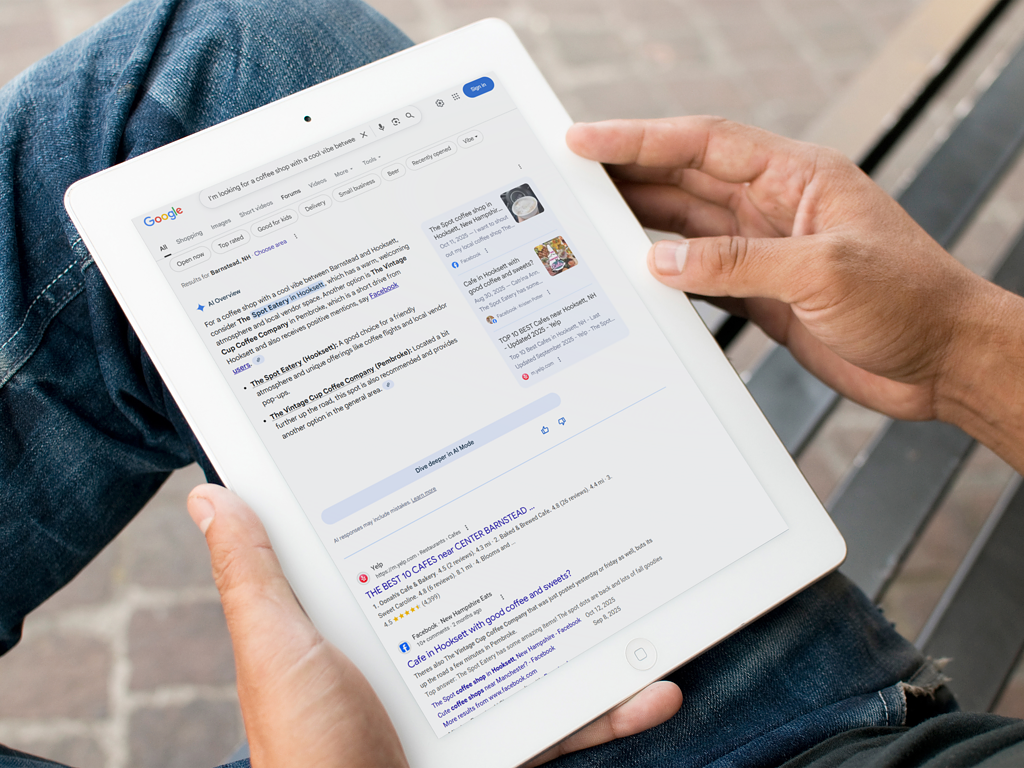
What Local Visibility Looks Like in 2026
If 100 people search for your services each month, and you’re missing out on even 20% because your listing’s incomplete, that’s thousands of dollars walking away.
And the kicker? Those lost leads don’t just vanish—they go straight to competitors who update their profile once a week while sipping a latte.
Businesses with complete profiles get:
- 7x more clicks
- 2.7x more credibility (according to Google’s own research)
- More visibility across Maps, AI Overviews, and voice assistants
Still think “I’ll update it later” sounds good?
Getting the Foundations Right (For the “I Think We Have a Listing?” Crowd)
This is where most local businesses need to start.
Think of this as setting up your digital storefront — before you start worrying about how to make it look cool.
Step 1: Claim and Verify Your Profile
Go to business.google.com and claim or create your profile.
If your business is already listed, click “Own this business?” and follow the steps.
Each location gets its own listing — that’s non-negotiable.
Verification usually takes a few days via postcard. If Google trusts your setup, you might get instant or email verification.
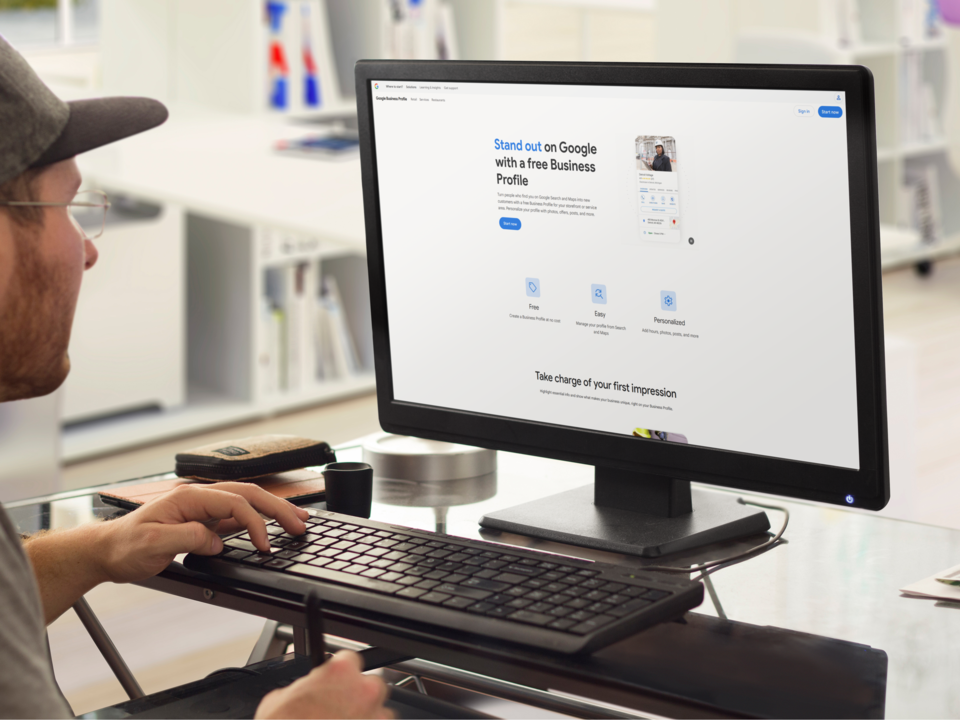
Step 2: Get the Core Info Right
Use your actual business name. “Best Roofer in Boston” is not your name, and Google knows it.
Add your address exactly as it appears on your business license, and use a local phone number (no 800 numbers).
Link to your website — ideally to a page that matches the user’s intent. Tracking your GBP traffic with UTM parameters is an easy win.
Step 3: Write a Real Description
You get 750 characters — make them count.
Skip the buzzwords and tell people what you actually do. Example:
“Family-owned HVAC company serving the Manchester area since 1995. We handle residential and commercial repairs, installations, and maintenance. Licensed, insured, and always here when you need us.”
Clear, local, and trustworthy — that’s the goal.
Step 4: Choose the Right Categories
Your primary category defines who you are.
Secondary categories describe everything else you offer.
Choose carefully — “Restaurant” plus “Catering Service” makes sense; “Restaurant” plus “Car Wash” does not.
Step 5: Add Hours, Photos, and Reviews
Keep hours updated (especially holidays).
Add real photos — your storefront, your team, your work. Skip the stock photos.
Ask customers for reviews and respond to every one. It shows Google (and customers) that you’re alive, active, and credible.
Beyond the Basics: What “Optimized” Looks Like in 2026
Once your profile’s built, it’s time to make it work.
The businesses winning in AI-driven search aren’t doing anything “secret.” They’re just doing the fundamentals exceptionally well — and consistently.
Get Granular
Google rewards detail.
Fill in every available section — services, products, menus, booking links, attributes, you name it. If Google gives you a field, use it. Empty boxes don’t rank.
Visuals: Proof Beats Polish
Add real, high-quality images of your business, your team, your work, your space.
Authenticity wins. You don’t need perfect lighting — you need proof that you exist and deliver what you say you do.
Reviews: Respond Like It’s a Habit
Reviews are your ranking engine.
Respond to them daily — even if it’s just “Thanks, Mike! Glad we could help.”
Google’s AI looks for signs of life. If you’re not responding, it assumes you’re not listening.
Connect Your Social Channels (Because AI’s Watching Those, Too)
Your Google Business Profile doesn’t live in isolation anymore. In 2026, Google’s AI (and others) pull in data from your connected social networks to confirm that your business is active, consistent, and legit.
When you link your Facebook, Instagram, LinkedIn, or YouTube pages, you’re giving Google extra proof points that you’re a real, engaged business. It’s also a way to surface richer content — recent posts, videos, and photos — right inside your GBP and AI Overviews.
Keep it consistent:
- Use the same brand name, logo, and tone across platforms.
- Post regularly (even if it’s once a week) to show ongoing activity.
- Cross-promote key content — your Google Posts, for example, can often be repurposed for social and vice versa.
Social content may not replace your website anytime soon, but it’s quickly becoming a secondary credibility layer that AI engines use to evaluate your brand. Think of it as extending your GBP’s personality beyond Google’s walls.
Freshness = Relevance
Post once or twice a week. Add new photos. Update services or offers as they change.
If your profile looks abandoned, Google assumes your business is too.
GBP Is Not One-Size-Fits-All
Here’s the part a lot of people miss:
Google Business Profiles adapt based on your business category. The fields, features, and layout can look completely different for a restaurant, a plumber, or a salon.
Why? Because Google’s goal is to give users the most relevant information instantly — whether they’re hungry, booking a haircut, or looking for someone to fix their sink before dinner.
Understanding these differences is how you go from “we have a listing” to “we own this market.”
Let’s break it down.
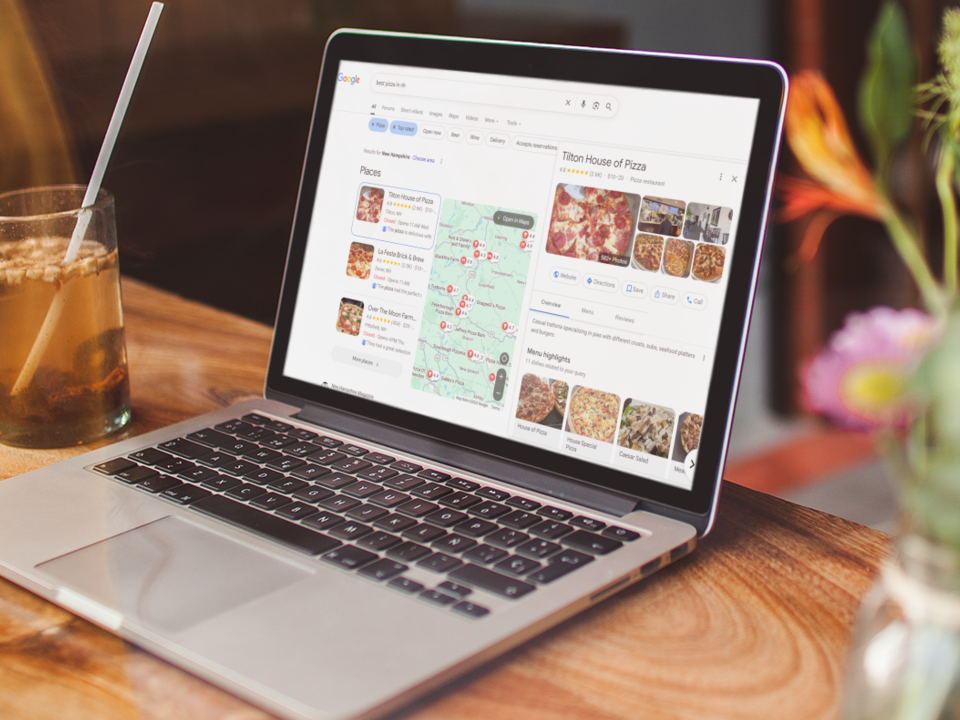
Restaurants & Food Service
Restaurants have some of the most powerful GBP tools available — and most don’t use half of them.
- You can add detailed menus with prices, dish photos, and dietary details, plus links for online ordering, reservations, and catering.
- Attributes like “delivery,” “takeout,” and “outdoor seating” show up right in search results, and customers filter by them.
- Use Google Posts to promote specials, events, or seasonal menus — and always, always respond to food reviews. People care more about a good response to a bad review than no response at all.
Service-Area Businesses (SABs)
Plumbers, landscapers, HVAC techs, electricians — you’re in this group.
- Google lets you hide your physical address (if customers don’t come to you) and set up defined service areas instead.
- This tells both users and AI exactly where you operate, so you’re not showing up for customers 50 miles away.
- Include service-area language naturally in your description (“Serving Nashua, Concord, and Manchester”) to reinforce your footprint.
Healthcare Providers & Salons
Healthcare and personal services get special features like booking buttons, service menus, and direct appointment scheduling through Google.
You can also highlight attributes like “accepting new patients,” “walk-ins welcome,” or “online appointments.”
Accuracy here matters — a wrong phone number or outdated service list can actually get you flagged by Google’s quality team.
Retail Stores
Retail listings are visual, transactional, and constantly changing.
- You can feature products with photos and prices, and add attributes like “curbside pickup,” “in-store shopping,” and “delivery.”
- Update product listings seasonally — think new arrivals, gift ideas, or clearance sales.
- Your GBP becomes a shoppable storefront that feeds both Search and Maps.
How Trebletree Helps
You’ve got a business to run. We’ve got the caffeine and systems to keep it visible.
Trebletree’s Local Visibility System is built for real-world businesses — the ones too busy serving customers to babysit Google’s ever-changing platform.
We handle:
- Full GBP setup and ongoing optimization for every location
- Weekly photo and post updates made easy (we’ll guide you on the “what should we post?” part)
- Multi-platform listings management (Google, Apple Maps, Bing, Yelp — all the directories AI checks)
- Review and reputation management tools to make daily responses effortless
- Social media tools that make keeping up with all your networks simple.
- Real analytics and insights that actually guide decisions, not just fill dashboards
We don’t “set and forget.” We build and maintain visibility that scales.
So while your competitors are still trying to figure out what Gemini is, your profile will already be feeding it.
Learn more about Local Business SEO Solutions and how Trebletree can help turn it into a customer magnet while you focus on what you do best.


